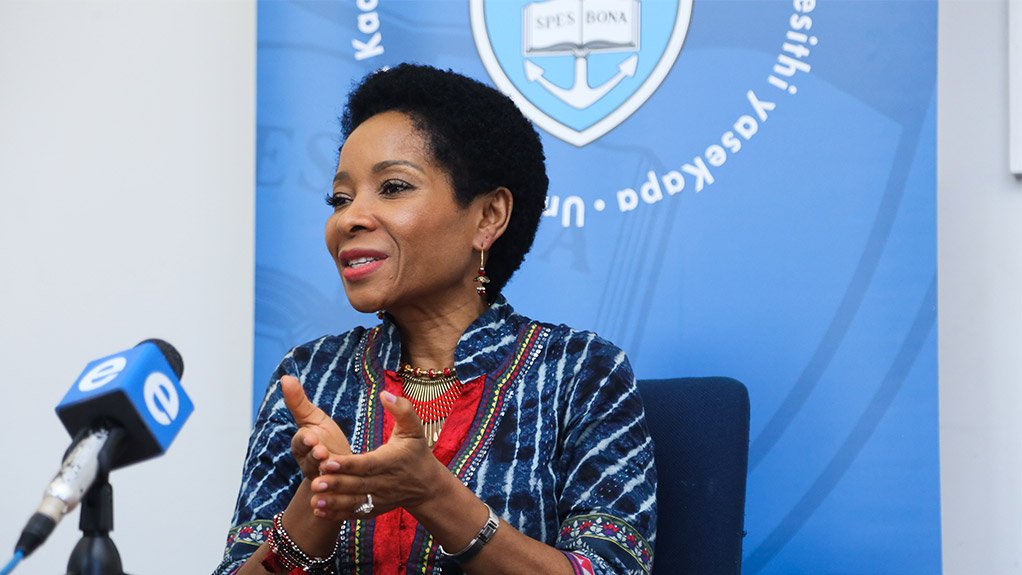An independent judicial investigation into the governance crisis at the University of Cape Town (UCT) is under way.
The university announced that its council had amended a previous decision to have a five-member panel. Instead, only four people will serve on the panel. The fifth member became unavailable.
"The panel is authorised to interview current and former members of staff and also current and previous members of UCT's council. The panel will approach potential witnesses and encourage witnesses who are able to assist the panel in availing themselves for this purpose," the university said in a statement.
The four panel members are retired Supreme Court of Appeal president, Judge Lex Mpati as the chairperson, Judge Azhar Cachalia, Dr Bernadette Johnson and Dr Trish Hanekom.
At the heart of the probe is whether the university's vice-chancellor, Professor Mamokgethi Phakeng, and council chairperson Babalwa Ngonyama misled the university's executive and senate about the reasons for the departure of the deputy vice-chancellor for teaching and learning, Associate Professor Lis Lange.
They claimed Lange had resigned for personal reasons. Lange claimed she had been pushed.
The terms of reference require the panel to make "specific conclusions on the issues" and recommend "the specific actions to be taken generally and against any specific individuals".
The panel was mandated to investigate whether Phakeng and Ngonyama had misled the faculty boards, senate or council regarding Lange's availability for a second term and the reasons she did not pursue it, as well as "all matters related to executive relationships", including the number of and reasons for resignations.
The university said in its statement that the panel would investigate whether the vice-chancellor and the chair of council misled faculty boards, the senate and/or the council regarding the reasons for the former deputy vice-chancellor's (teaching and learning portfolio) non-availability to serve for a second term. And all matters related to executive relationships, including the number of and reasons for resignations of staff within and outside the executive.
"With the panel now having been formally constituted, it has commenced its work. The panel will undertake the task given to it by the UCT council in accordance with the terms of reference. Members of the UCT community whom the panel wishes to interview will be contacted directly," it added.
The panel will report to the UCT council at the conclusion of its work.
In response to questions from News24, university spokesperson, Elijah Moholola said: "The panel has started its work. As such, and given that this is an independent process, the university is limited in commenting on aspects of this work beyond what is shared in formal statements."
During an interview with Radio 702 last year, Phakeng said she would want the process to be open and for her explanation to the panel to be broadcast.
EMAIL THIS ARTICLE SAVE THIS ARTICLE
To subscribe email subscriptions@creamermedia.co.za or click here
To advertise email advertising@creamermedia.co.za or click here











